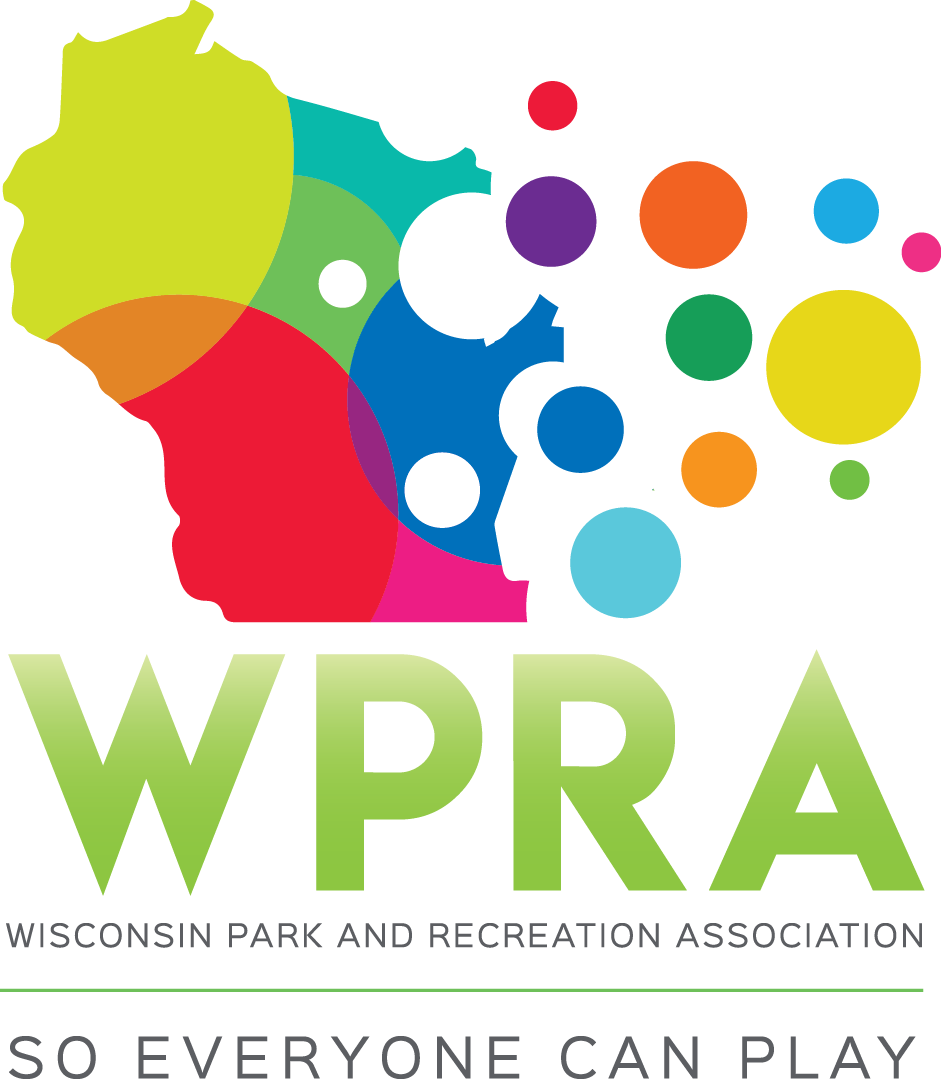January Legislative UpdateTony Ever Sworn in for Second Term as Governor; 2023-24 Legislature Begins with 31 New Members Inauguration Day in Wisconsin took place on January 3. Democratic incumbents Gov. Tony Evers and Attorney General Josh Kaul began their second terms in office, while Sara Rodriguez was sworn in as the state’s new lieutenant governor. Gov. Evers spent the majority of his second inaugural address laying out his administration’s goals and policy priorities for the next four years, including the following statements:
Inauguration Day also marked the beginning of the 2023-24 Session of the Wisconsin Legislature, and 31 new members were sworn in, nearly 25 percent of the Legislature’s total membership. Republicans continue to control both chambers of the Wisconsin Legislature with strong majorities. Caucus leadership from both parties has remained mostly the same, while the budget-writing Joint Finance Committee will have five new members. Key Issues: State Budget and Tax Reform With another legislative session comes another biennial state budget bill, and Wisconsin is expected to have a surplus of $6.6 billion when the current biennium ends June 30. Late last year, Assembly Speaker Robin Vos said a top priority for him will be for the 2023-25 budget to cut taxes by at least $3.4 billion and possibly “significantly” more. The 2021-23 budget cut income and property taxes by that amount. During the 2022 election, Gov. Evers said that his upcoming budget proposal will include additional funding for K-12 education and an increase in shared revenue for local governments. He also proposed an income tax cut of 10 percent for single filers at $100,000 or less and joint filers at $150,000 or less. Gov. Evers will present his executive budget proposal to a joint session of the Legislature on February 15. Recently, Senate Majority Leader Devin LeMahieu proposed changing the state income tax to a flat rate of 3.25 percent for all taxpayers by 2026. Currently, Wisconsin’s income tax rates start at 3.54 percent and rise to a high of 7.65 percent. Speaker Vos has also indicated he would support a flat tax. Last month, Gov. Evers called a flat tax a “non-starter,” saying “we prefer a progressive tax system that we have now.” WPRA Finalizes Legislative Priorities The WPRA Public Policy Committee has finalized their legislative priorities, which include:
The committee will continue to review and weigh in on legislation of interest. Be sure to follow along and review the monthly tracking reports and to SIGN UP NOW for First WPRA Capitol Day on March 15, 2023. Bill Introduced to Eliminate Regulation of Short-Term Pools Recall, for the last couple years, WPRA has engaged with the Department of Agriculture, Trade and Consumer Program on the rewrite of ATCP 76 or the “Pool Rule.” DATCP finished their work on the draft rule last spring and submitted the pending rule to the legislature for their review. WPRA supported the rule during the state agency public hearing process. On a related but separate note, in April 2022, the Joint Committee for Administrative Rules suspended a “tourist rooming house” from the definition of public pool as defined in ATCP 76. This suspension applies to the current regulation and highlights one of the reasons why DATCP is updating the current regulations in the first place. As part of the rule suspension process, the JCRAR must introduce a bill to enact their suspension. The committee did so on January 12, 2023. That legislation, which prohibits DATCP from regulating pools at short-term rentals (“a residential dwelling that is offered for rent for a fee and for fewer than 30 consecutive days)” will now move through the legislative process concurrently with the updated draft rule rewrite. WPRA will monitor the short-term pool rental legislation and separately support the pending draft rule. At this point the Pool Rule draft does not to appear to be in jeopardy. In anticipation of legislative pushback, DATCP previously removed a draft subchapter - Subchapter 7, Limited Use Public Pools from the draft Pool Rule. |

